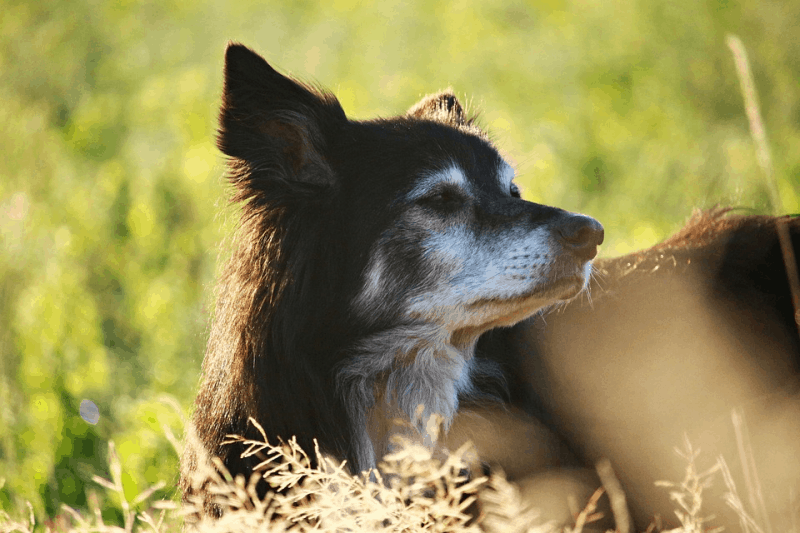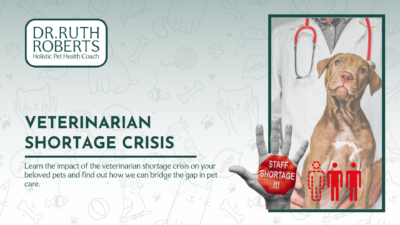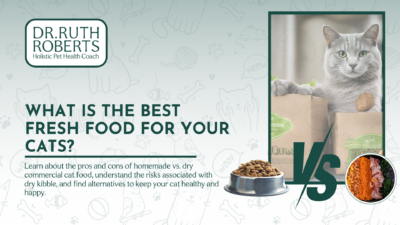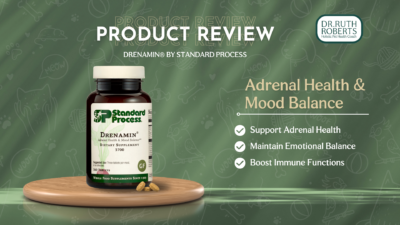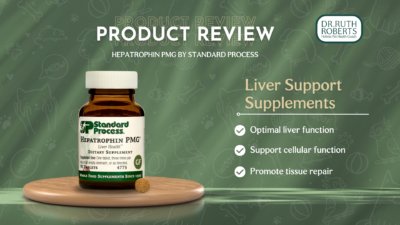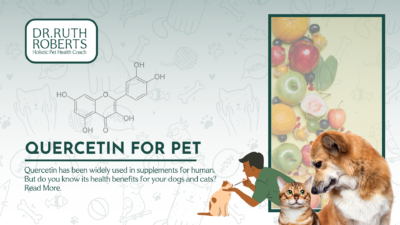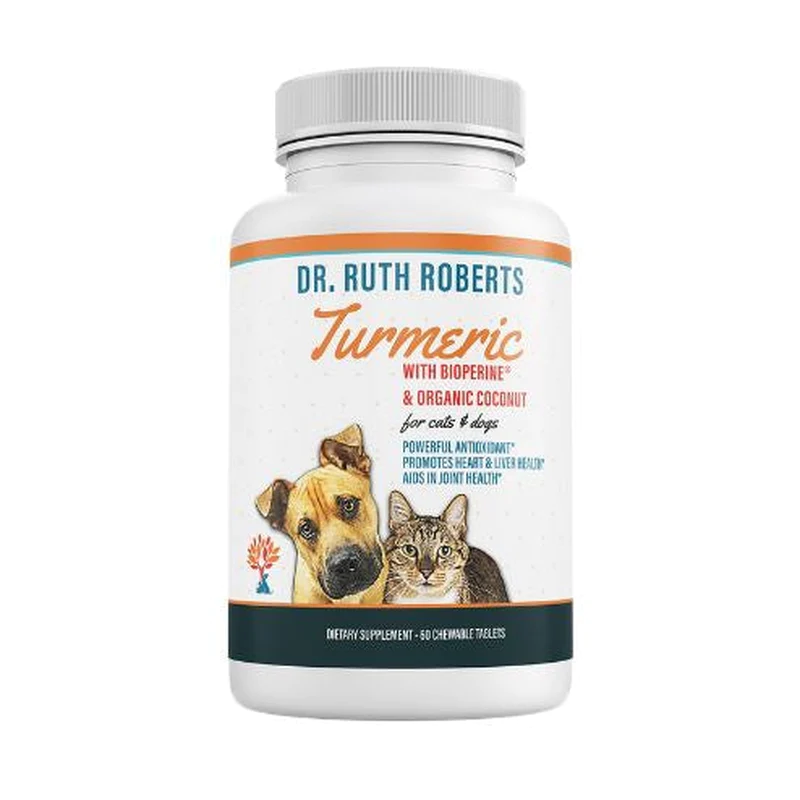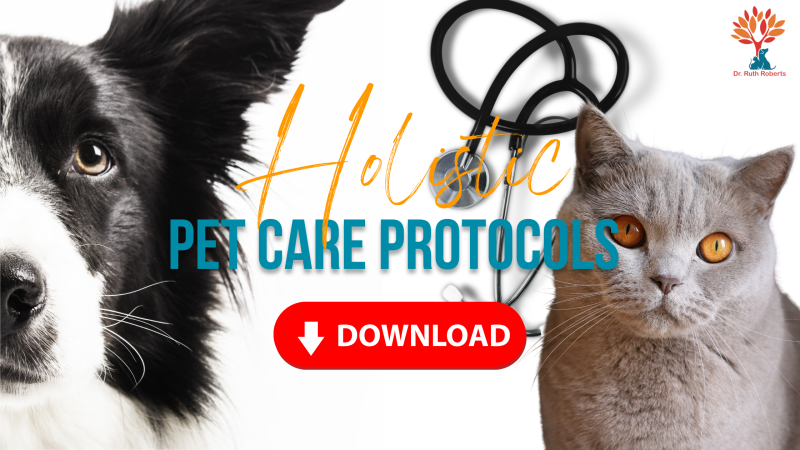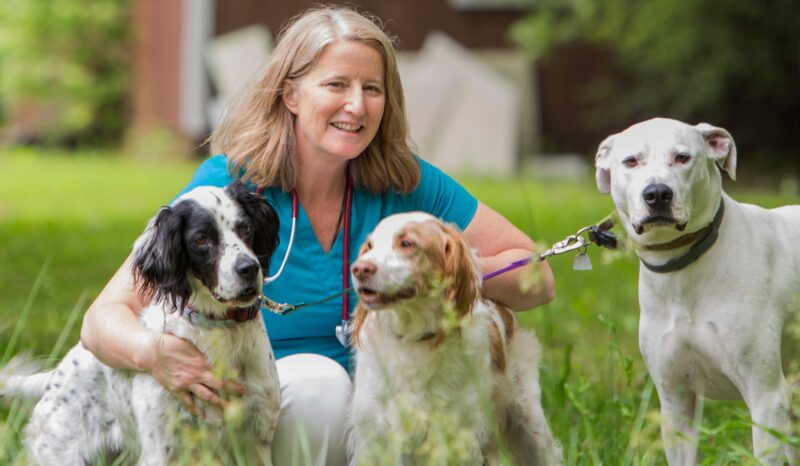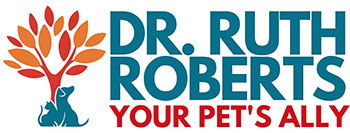
As pet parents, we all hope that our furbabies will live well in their golden years. Thanks to better animal medical care, improved diets, supplements, and medications and your unconditional love, pets seem to be living longer than ever.
That’s great news! The more time we get with our cats or dogs, the better.
There is one thing, however, that we need to be mindful about when it comes to our aging
pets– senior pet care.
Mr. Bones might still act like a puppy, but his sweet grey face is a reminder that his body is getting older and that he may need a little extra help here and there.
To ensure your pet stays happy and healthy during his senior years, I’m going to cover a few things you should keep an eye out for if you have senior pets. Keep reading to discover some tips for taking care of elderly pets.
Pay Attention to Your Senior Pet’s Body Language
Hiding pain is an instinctual survival skill for both cats and dogs. While this tactic is useful in the wild, it also may prevent you from knowing if your pet isn’t feeling well.
This is why it’s so important to pay attention to your cat or dog’s body language–especially for senior pets who are more prone to injury or illness.
Here are a few things you should watch for…
Limping
If you notice your senior pet is limping, there’s a good chance your dog or cat may have pulled a muscle,
torn a ligament, or fractured/broken a bone. This could also be a sign of painful arthritis in your pet’s
hips, back, or legs.
If it’s determined that arthritis is causing your pet’s pain, I recommend putting your senior pet on
ArthriEase Gold Powdered Supplement to relieve the pain.
Biting at Stomach
If your pet is biting at her stomach, it may be a sign that she is experiencing stomach pain. This pain could stem from GI problems, abdominal tumors, or an upset stomach.
Itching
Consistent itching may be a sign that your pet is suffering from skin problems. These problems could be caused by an infection, a food allergy, or dry skin.
Lack of Movement
If you notice your active pet suddenly has no desire to get up and move around, this is a major warning sign. It’s possible your pet is sick, weak or sore, or may be dealing with a bigger issue, like a painful tumor.
If you notice any of these symptoms in your pet, please schedule an appointment with your vet immediately.
Feed Senior Pets a Moisture-Rich Diet
 Water is the most important element in your pet’s body. When your pet is dehydrated, his organs have a harder time functioning.
Water is the most important element in your pet’s body. When your pet is dehydrated, his organs have a harder time functioning.
Sadly, as your pet ages, his organs will naturally begin to deteriorate and not work as well as they used to. This reason alone makes increased water consumption, partially through a moisture-rich diet, vital to your pet’s well-being.
The best way to increase your pet’s water intake is to avoid dry commercial pet foods and feed him an all-natural diet.
I recommend The Original CrockPET Diet, a meal plan I personally created to ensure pets are fed the safest and most nutritious foods available.
Check out The Original CrockPET Diet® for your cat or dog.
Be Proactive about Body Inflammation
Inflammation in the body is a problem that naturally gets worse as pets age. This inflammation can easily cause your pet to feel pain or develop life-threatening illnesses.
The good news is that you can be proactive about preventing inflammation when you feed your cat or dog a fish oil supplement with his daily meals.
I personally recommend Concentrated Fish Oil.
The high nutritional density of this oil supports cardiovascular, neurological, and immune regulatory mechanisms, and helps keep your senior pet healthy and free of disease and pain.
Purchase Concentrated Fish Oil here.
Recognize Your Senior Pet’s New Limitations
It’s possible that you used to run half marathons with your pooch, or spend hours playing laser toy with your kitty when she was younger. But, as pets age, it’s important to recognize they will eventually not be able to keep up with a rigorous workout routine.
If you see your pet struggling to keep up, it’s a sign that you need to start slowing him down.
During your dog’s golden years, that half marathon might turn into briskly walking a nice 5k. Or as your cat ages, he may only be able to play with his beloved laser for 15-minute spurts.
By all means, please keep daily exercise a part of your pet’s life. It’s important to keep your pet strong and healthy, and it’s the perfect opportunity to spend quality time with your furbaby.
I just want you to be careful.
Asking a senior pet to do more than his body is capable of is the easiest way for him to end up with a dangerous injury.
Stay safe and have fun while being aware of your old buddy’s new limitations.
Take your Senior Pet in for Regular Lab Work

Your pet should visit the vet every year. It’s one of the best ways you can ensure your cat or dog is healthy, or catch a new health issue before it comes a big problem.
As your pet ages, it’s even more important to go for checkups on a yearly, or biyearly basis to get lab work done.
This lab work can show if your pet is suffering from common senior pet ailments like kidney disease, diabetes, or cancer. When you catch these health problems early, they are much easier to treat or manage, buying you extra time with your cat or dog.
If you have a senior pet that’s been diagnosed with kidney disease, I want to share my Comprehensive Kidney Health Program. This program is designed to extend your pet’s life and ease your cat or dog’s pain through a specially formulated diet plan.

